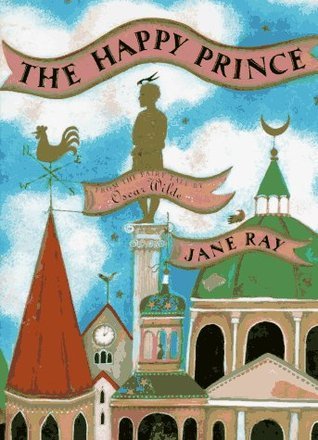What do you think?
Rate this book


32 pages, Hardcover
First published May 1, 1888
There is no Mystery so great as MiseryStories like this are the reason I still love Classic short stories. I loved the concept. But again, this story has a bitter-sweet ending. Like it's the rule of classic literature to not give happy endings. I understand, I really do, that they just show reality. But don't know why they just make me over-sad.
The living always think that gold can make them happy.
●●●●●●
"I am going to the House of Death. Death is the brother of Sleep, is he not?"
"As he is no longer beautiful he is no longer useful" (said the mayor when he the dull statue of Prince). (-__-)
Link to the story:
https://americanliterature.com/author...
September 24, 2017


Golondrina, Golondrinita
